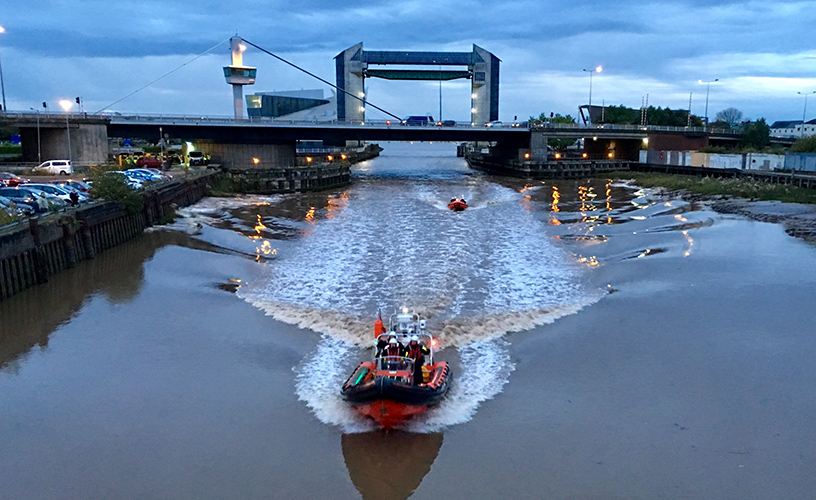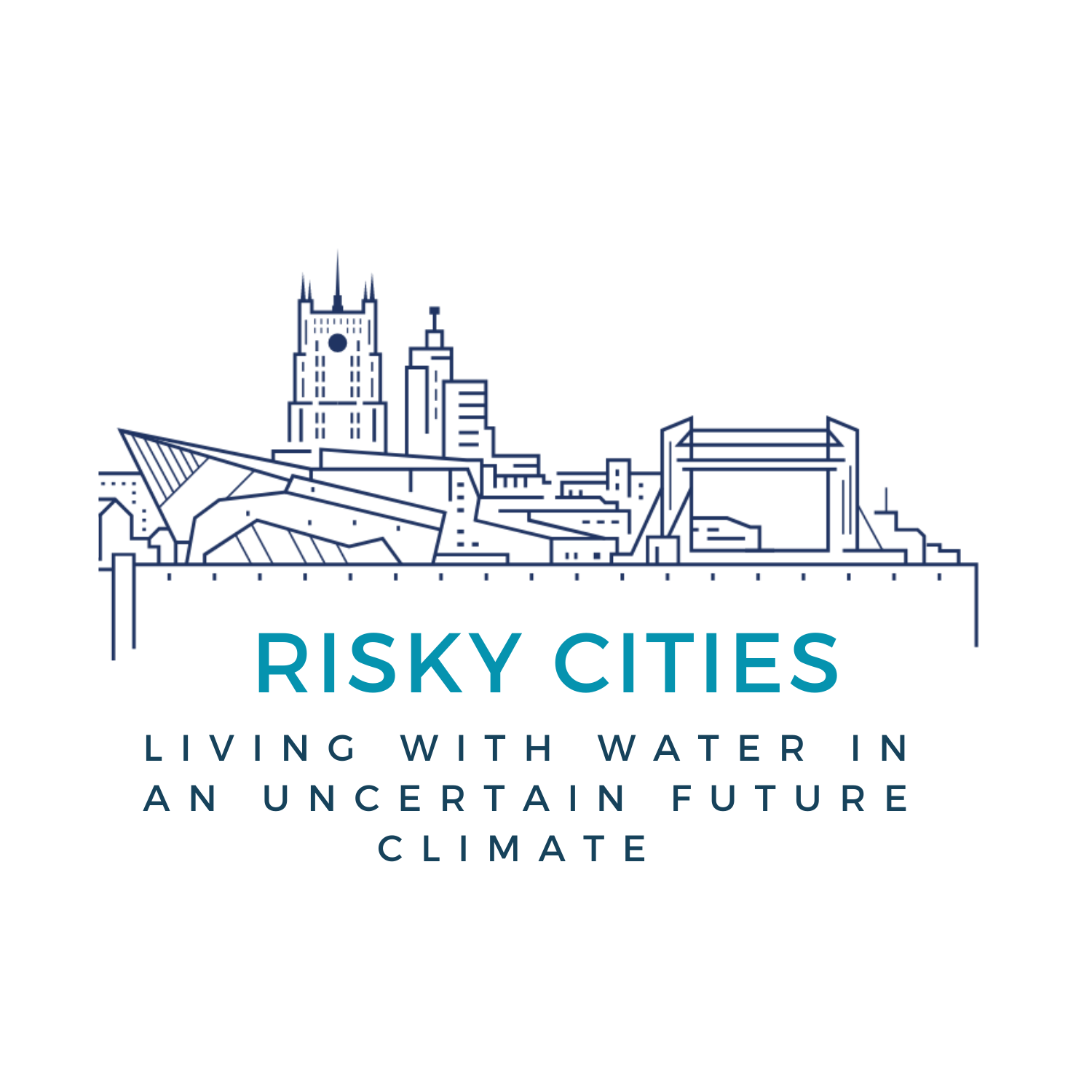
ABOUT THE PROJECT
Risky Cities demonstrates the effectiveness of using place-based and creative approaches for working with communities to build flood and climate awareness, action and resilience.
PROJECT LEAD
Briony McDonagh
Professor of Environmental Humanities
University of Hull
LOCATION:
Kingston upon Hull, UK
Project ACTIVE:
2020 – 2024
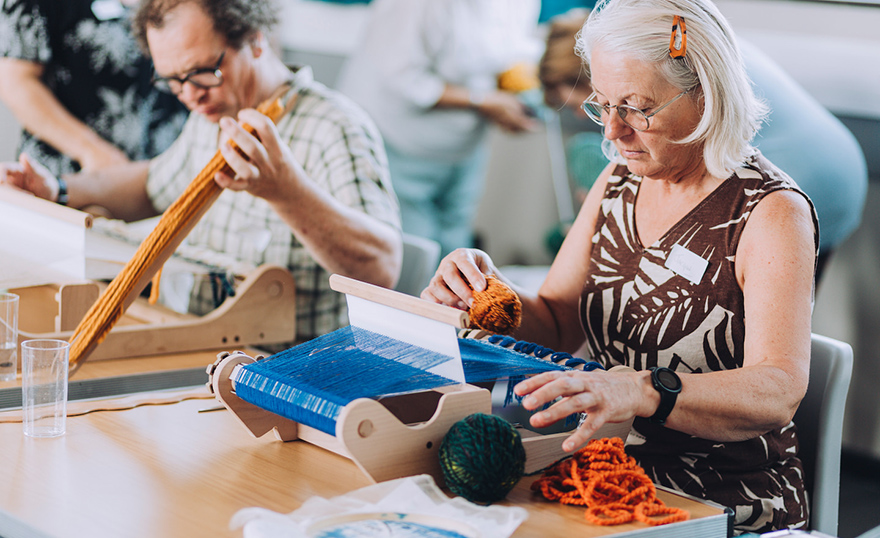
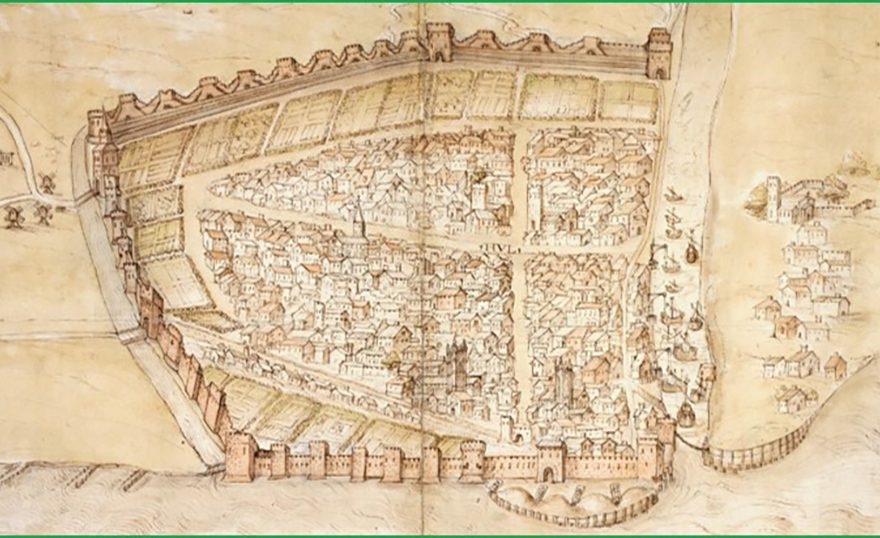
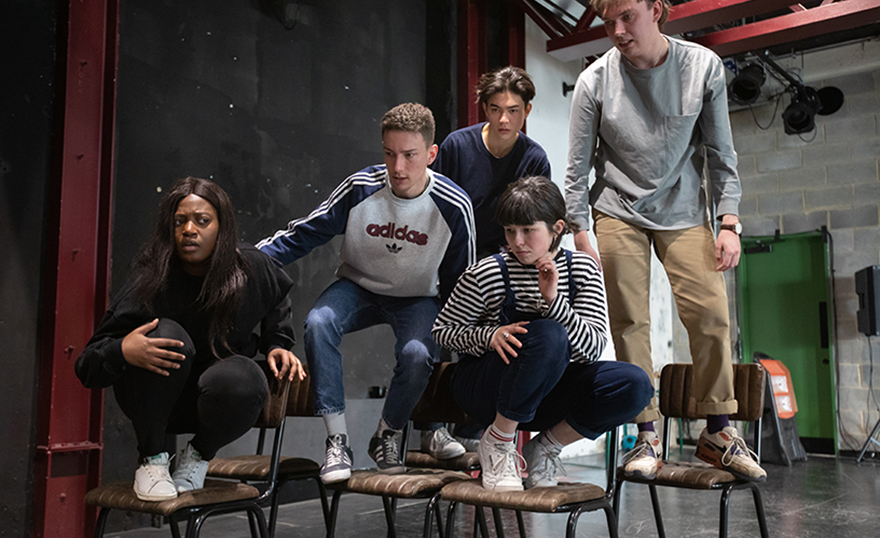
Project Partners


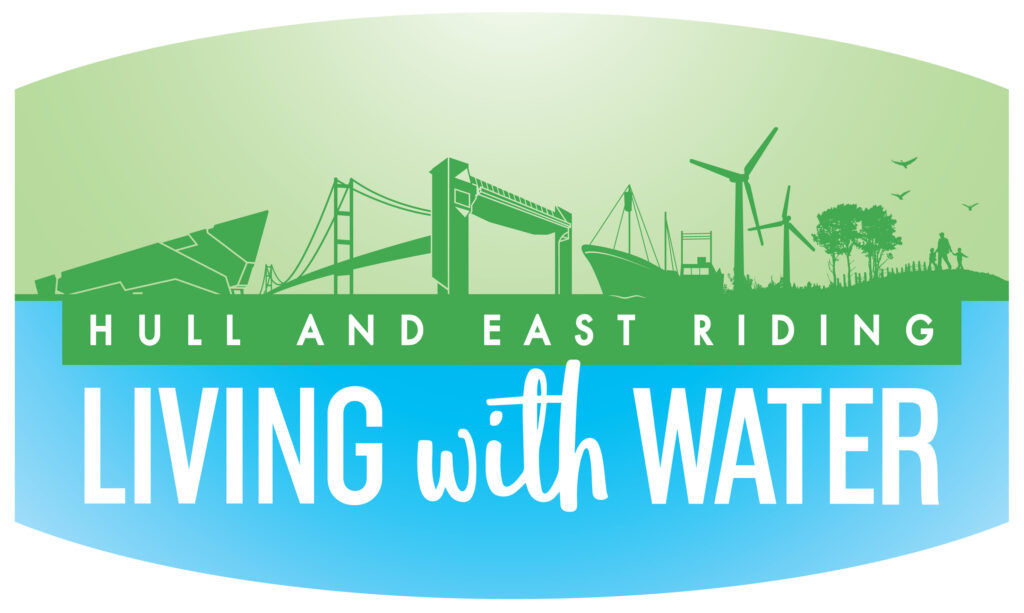
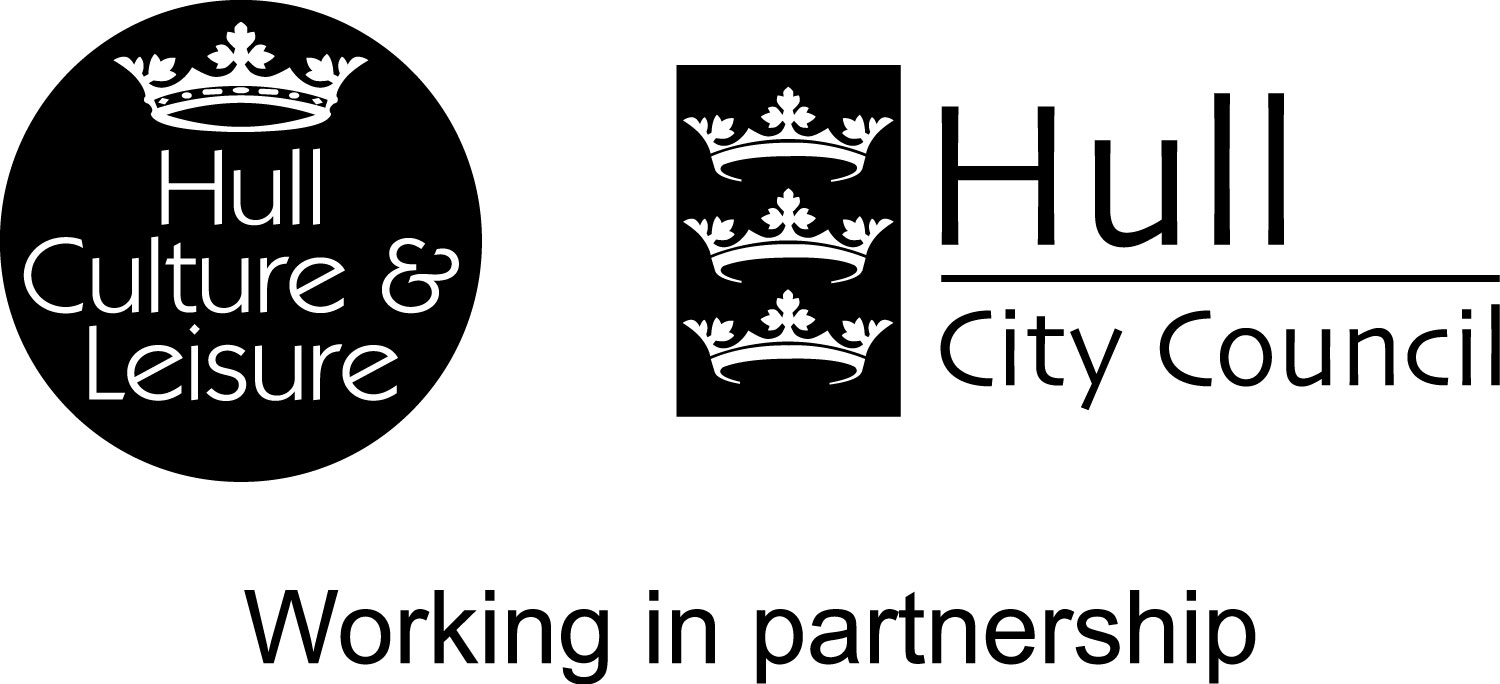


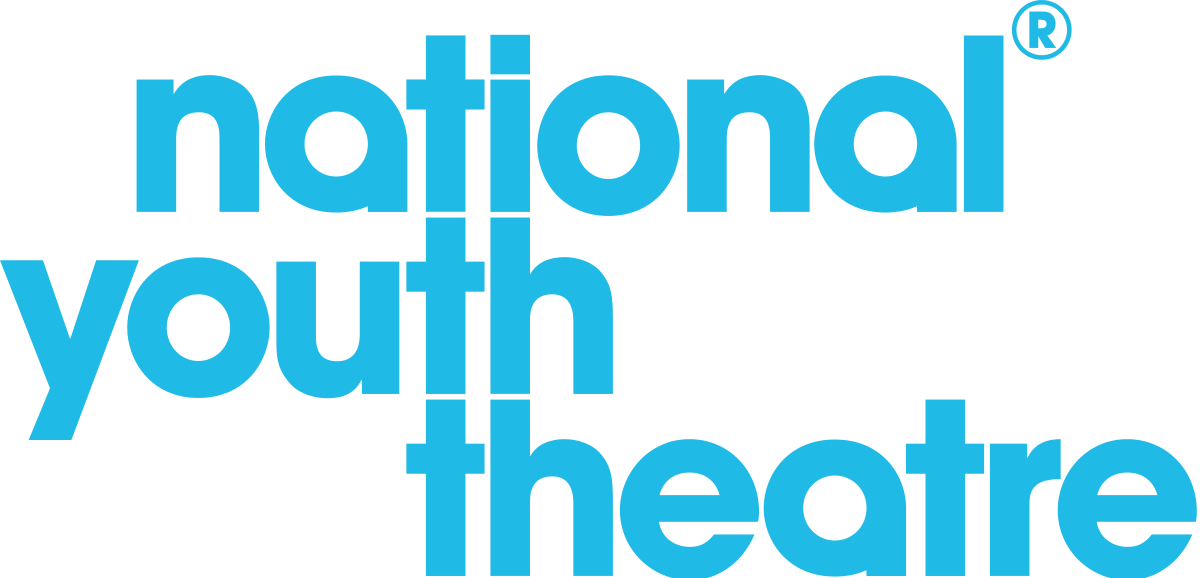
Project Funders

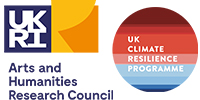

The Challenge
Situated on the River Hull and Humber Estuary, Kingston Upon Hull (UK) is recognised globally for its vulnerability to flooding in the face of human-induced climate change. The city experienced significant flooding in 2007, 2013 and 2015, and was one of five global cities selected for participation in the Rockefeller Foundation’s and Arup’s City Water Resilience Framework development programme in 2018.
Yet international awareness of Hull’s future flood risk had previously found little reflection at the community level. Hull City Council report limited engagement with public flood consultation events and only 6.6% of the population is signed up to flood alerts (Environment Agency, 2022). Like many UK estuarine and coastal cities, public flood preparedness is low.
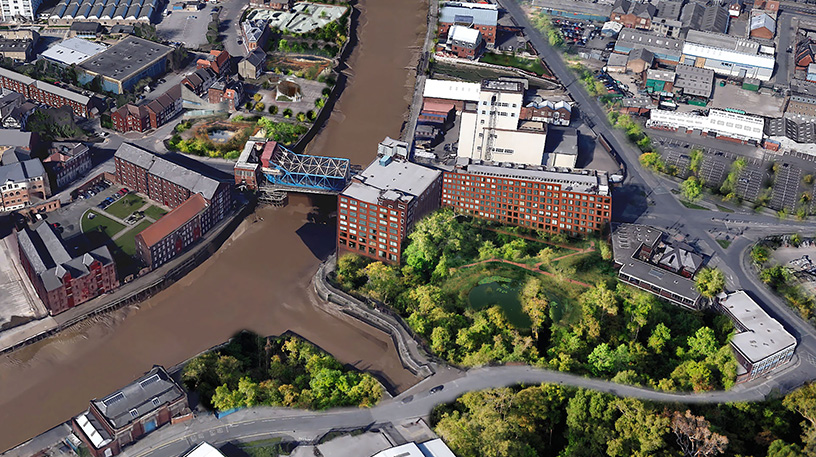
Our Approach
Working in collaboration with the Living with Water Partnership, Hull City Council and a range of creative and community organisations, Risky Cities set out to address these gaps, using Hull’s flood histories and stories to enhance community flood resilience.
We did this using what we called a ‘learning histories’ approach, fusing humanities-led research with participatory and creative elements.
For us, ‘learning histories’ is a participatory toolkit using multiple, jointly-told stories that fold together past, present and future, to learn from the past, rethink the present and change the future.
The team drew on historical, literary and community-contributed materials to reconstruct an 800-year flood timeline for Hull and a corpus of histories, stories and experiences exploring people’s relationships with their watery environment. We used these place-based histories and stories in workshops and creative initiatives in urban and suburban communities, which opened opportunities for conversations about living with water and future climate change, as well as generating further watery stories and experiences which contributed to our shared knowledge.
Using our co-created ‘learning histories’, we collectively developed and evaluated a range of place-based creative initiatives delivered in 2021-2024. They included:
- Creative community engagement around histories and stories of living with water and flood, and related exhibitions, performances and digital outputs.
- Large-scale public art co-commissioned with creative and industry partners. For example, FloodLights.
- Site-responsive youth-led theatre co-created with young people and our partners, the National Youth Theatre, and performed at COP26 in Glasgow.
- An ongoing legacy of flood and climate-related creativity inspired by involvement in the Risky Cities project.
Our place-based interventions were evaluated using a range of social science methodologies with a focus on participants recounting the impact of their involvement in their own terms. Evaluation methods included surveys, participant interviews, focus groups and reflective journals.
Outcomes and Impact
Place-based approaches offer effective tools for building flood and climate awareness action and resilience. They work at a variety of scales and are valuable for both participants and audiences.
More specifically, the place-based, historically-informed and creative approaches used in Risky Cities:
- Help make complex scientific ideas meaningful and big global narratives tangible at the local level.
- Support people to understand what complex climate futures might mean for them – and what practical actions can be taken. This includes individual flood preparedness actions.
- Drive cognitive shifts and behavioural change around climate, flood risk and living with water.
- Generate genuine dialogue, knowledge exchange and co-creation, thus moving beyond deficit-based models and one-way communication about climate futures to build relational asset-based approaches.
- Offer space for difficult conversations about coastal erosion, flood risk, and loss.
These approaches offer important opportunities for co-devising action and solutions, including in collaboration with individuals and groups not previously valued in or well-engaged with government policy and action.
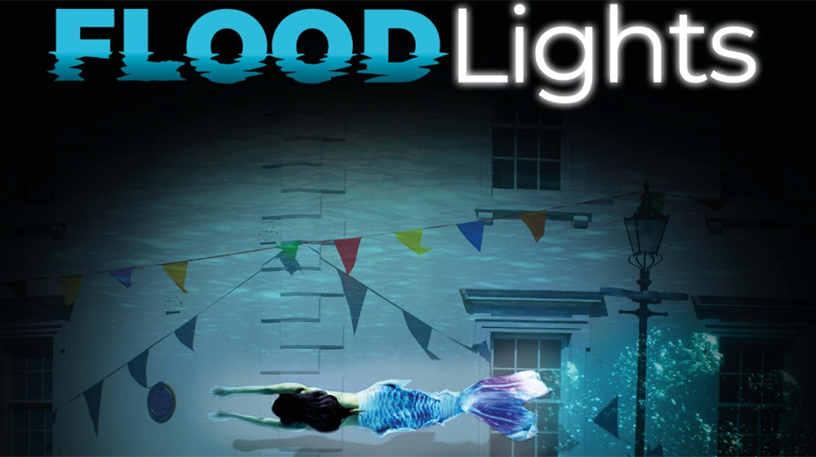
Find out more about the project
Lessons Learnt
Place-based approaches can be valuably employed to support climate adaptation and build resilience in places facing growing flood risks and rapid coastal transition. Differing adaptation timelines, the visibility of climate hazards, the nature of impacts, and embedded histories of riverine, estuarine and coastal places must shape choices about the particular approaches used.
Those involved in delivering place-based approaches for coastal transition and adaptation need appropriate training (e.g. around difficult conversations). They must also prioritize needs-led ways of working.
Place-based approaches are always context contingent. Further research is needed to establish how best to transfer and scale learnings, and develop toolkits and policy briefs to share and embed learnings.
Researchers need to robustly and reflexively assess the effectiveness of place-based arts and humanities engagement. Persuading policy audiences – and thereby increasing the uptake of these approaches – requires being able to evaluate and, on occasion, quantify impacts.
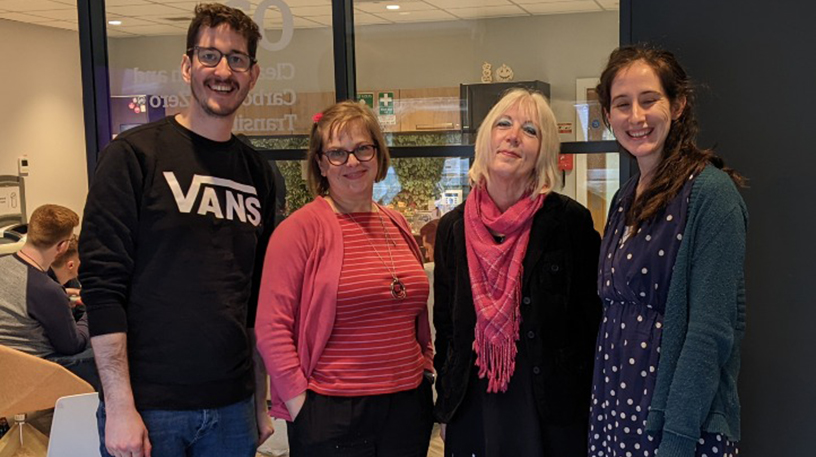
Resources and further reading
Find out more about On the Edge, the University of Hull and National Youth Theatre collaboration for COP26
Visit the Risky Cities website to review publications and other project outputs

